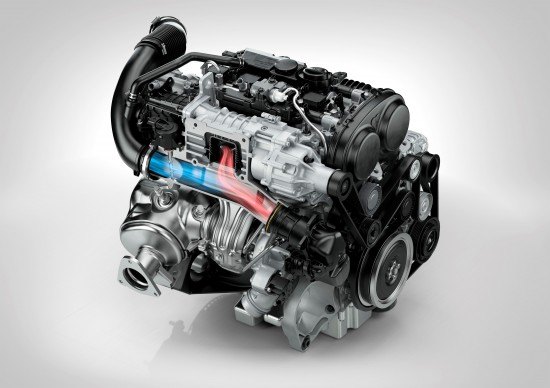#Tincharge
Twincharging Is Volvo's Replacement For Displacement
Engine downsizing is all the rage. Making the engine smaller increases fuel efficiency, reduces emissions and cuts vehicle weight. With ever tightening fuel economy legislation in the United States and CO2 emissions regulation in the European Union, mainline manufacturers are turning to turbochargers like never before. In 2009 just 5% of cars sold in America sported turbos, and that 5% consisted largely of European brands like Volvo and BMW with a long history of forced induction. By 2013 that number had more than doubled to 13%. Honeywell expects the number to rise to 25% in the next four years and the EPA tells me that by 2025 they expect 90% of cars sold in America to sport a turbo engine. With turbos becoming so ordinary, what’s a turbo pioneer like Volvo do to keep a competitive edge? Add a supercharger of course.
















Recent Comments